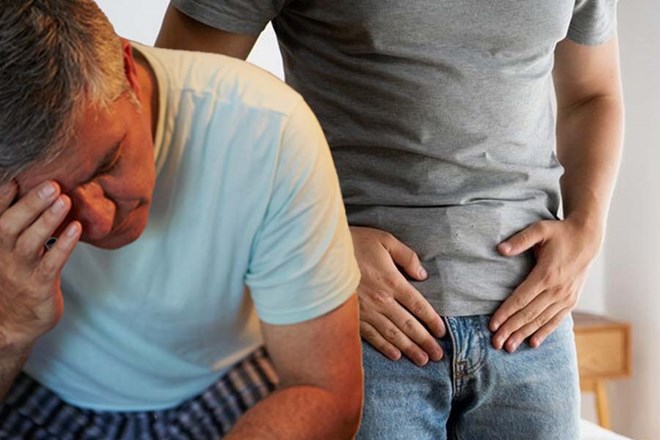
Overactive bladder (OAB) is a condition characterized by frequent and urgent urination, often accompanied by a sudden and intense need to urinate. It can affect anyone.
According to Dr Shrinivas RP, Consultant – Urologist at Manipal Hospital, Whitefield, Bengaluru, India, OAB is more common in men, especially older men. While women are more likely to experience bladder problems due to factors like childbirth and menopause, this can significantly impact their quality of life.
Overactive bladder is more common in men.
In older men, a common cause is an enlarged prostate, which obstructs urine flow and indirectly causes overactive bladder, says Dr. Shrinivas. The prostate, which surrounds the urethra, tends to enlarge with age, a condition known as benign prostatic hyperplasia (BPH). This enlargement can obstruct normal urine flow, causing incomplete bladder emptying and increased bladder spasms, leading to symptoms of OAB.
However, younger men can also suffer from overactive bladder without prostate obstruction. This is mainly due to unhealthy lifestyle factors such as smoking, exposure to environmental toxins, excessive caffeine and alcohol consumption, and a sedentary lifestyle. According to the National Institutes of Health , high caffeine and alcohol consumption irritate the bladder lining, increasing the need to urinate more frequently and more frequently. Similarly, smoking and environmental toxins can affect bladder function, while a sedentary lifestyle can weaken the pelvic floor muscles, worsening OAB symptoms.
How to reduce overactive bladder
“Initially, overactive bladder can be triggered by simple conditions like infections or stress, but sometimes symptoms persist for a long time, eventually requiring medication and further treatment,” adds Dr. Shrinivas.
However, the condition can be alleviated by making lifestyle changes such as reducing caffeine and alcohol intake, quitting smoking and regular exercise, which can strengthen the muscles that control the bladder. In more severe cases, medication or minimally invasive procedures may be needed.
Source: https://laodong.vn/suc-khoe/tai-sao-nam-gioi-thuong-bi-bang-quang-tang-hoat-1393114.ldo








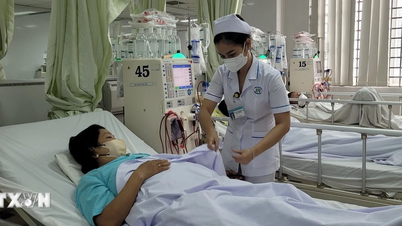

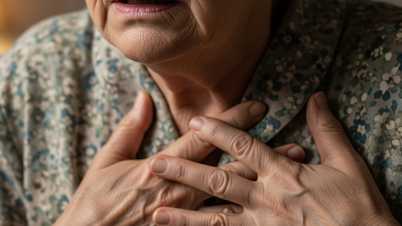

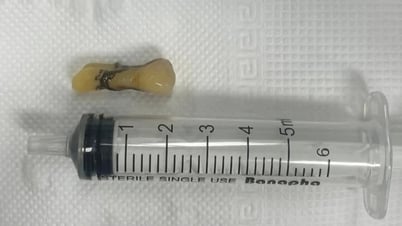

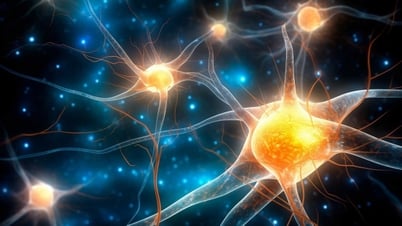

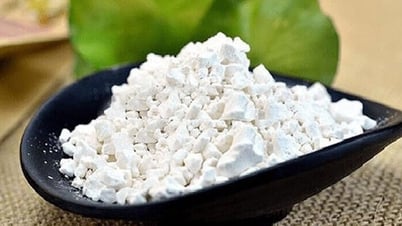

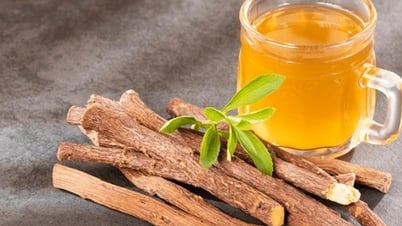






















































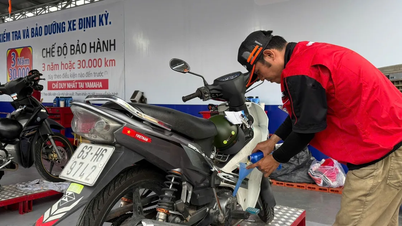

















![[OCOP REVIEW] Tu Duyen Syrup - The essence of herbs from the mountains and forests of Nhu Thanh](https://vphoto.vietnam.vn/thumb/402x226/vietnam/resource/IMAGE/2025/6/5/58ca32fce4ec44039e444fbfae7e75ec)



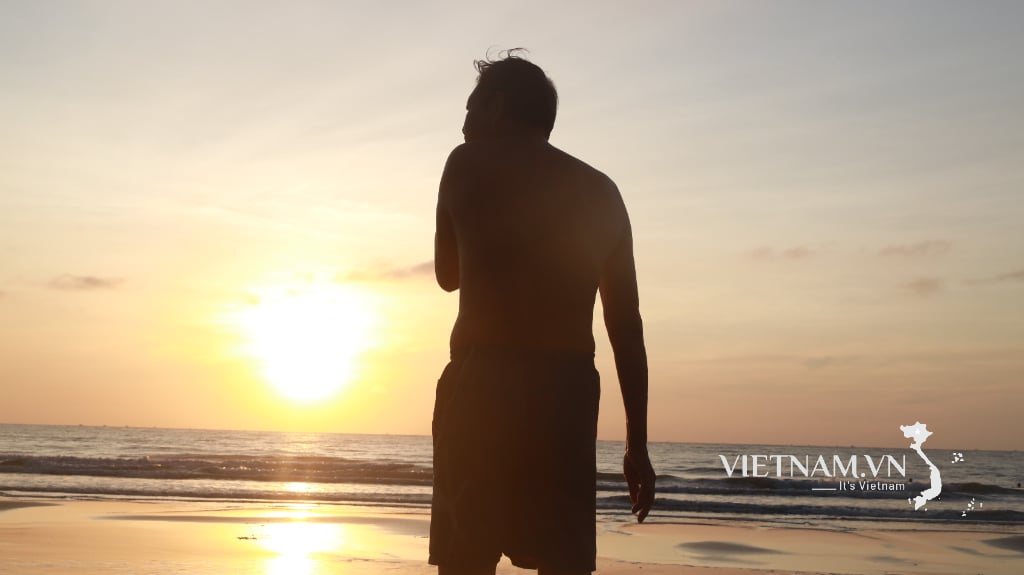


Comment (0)